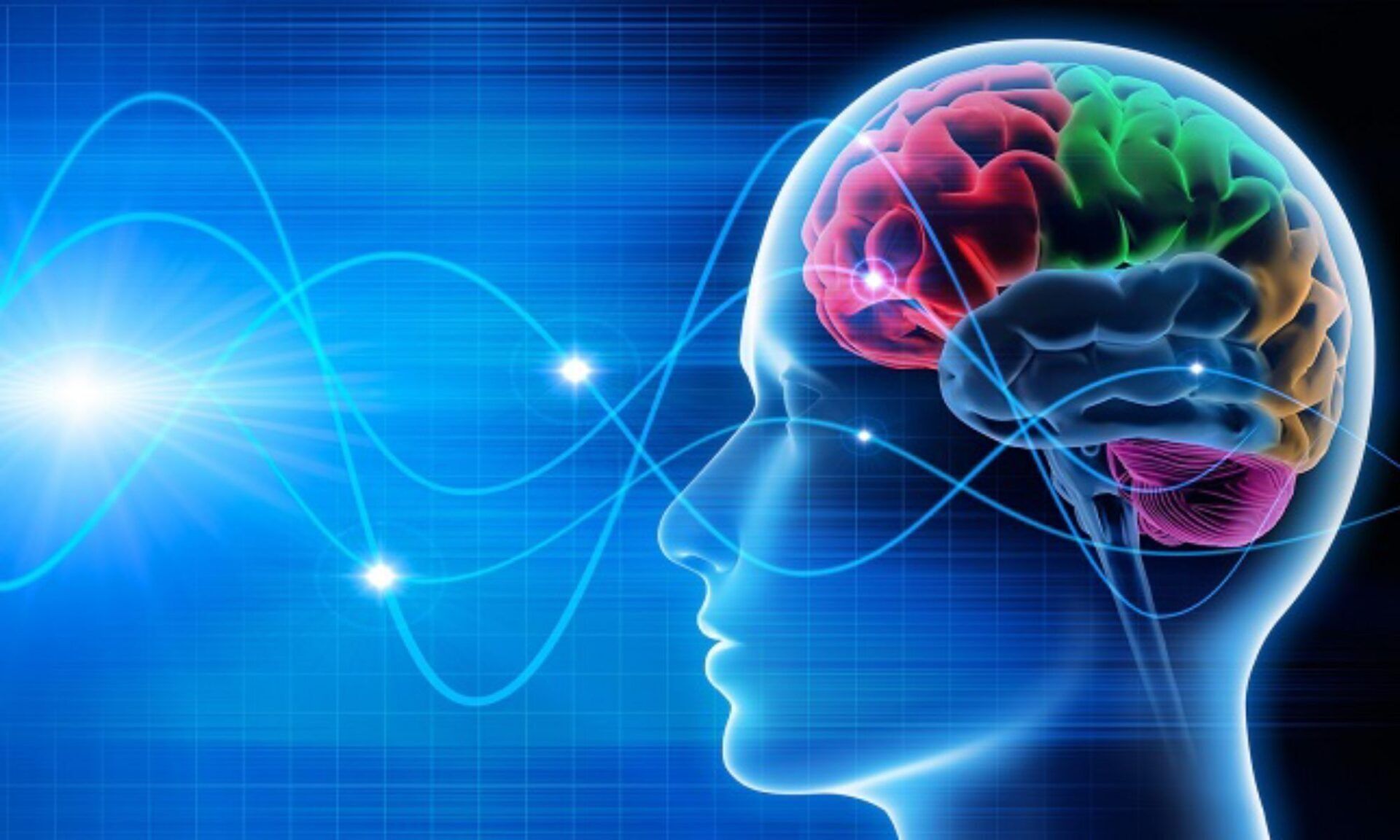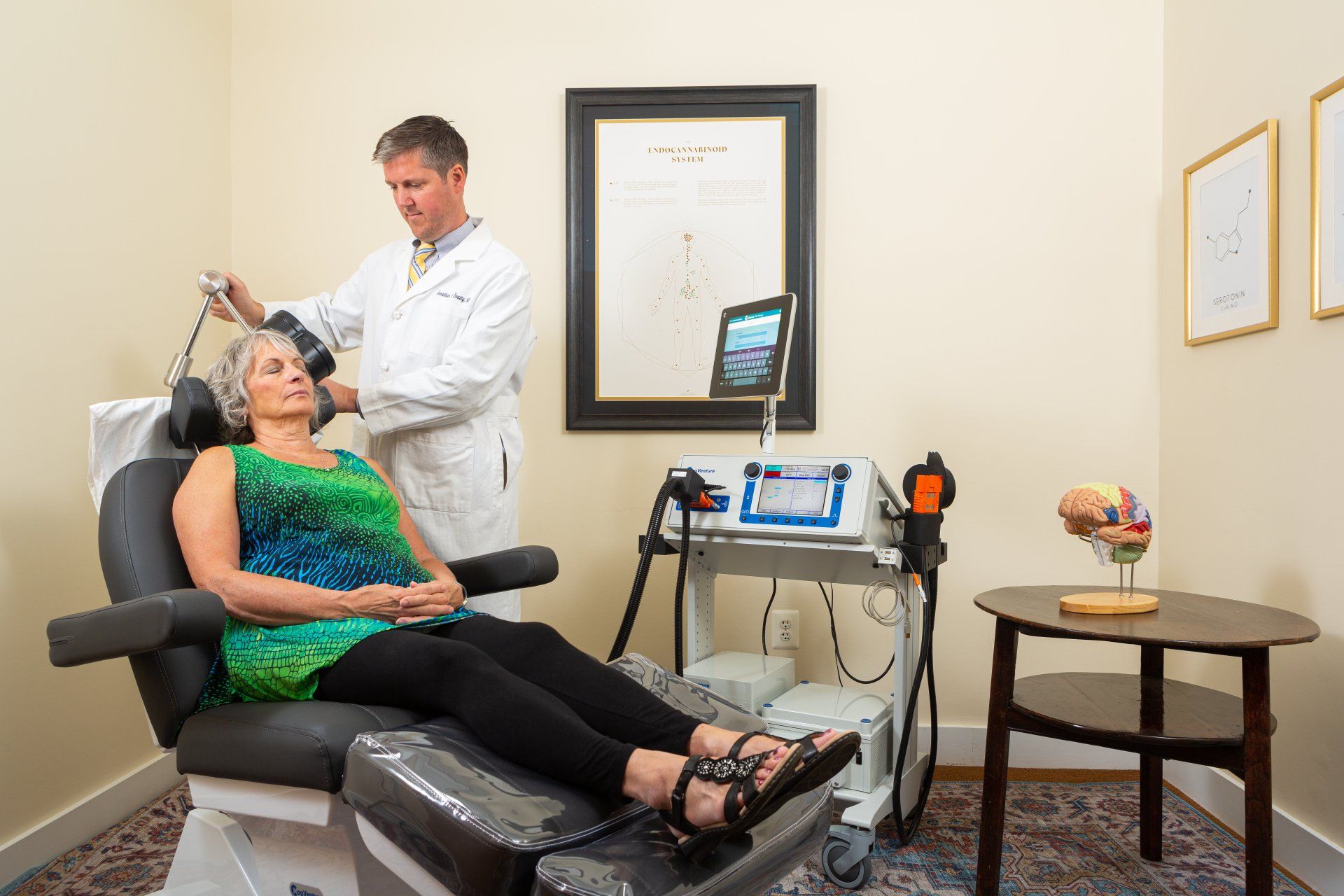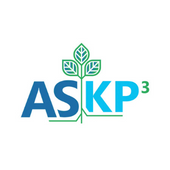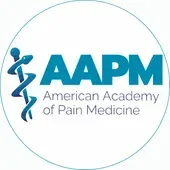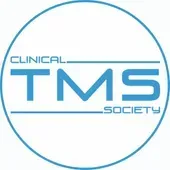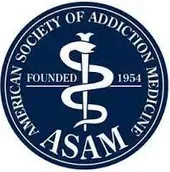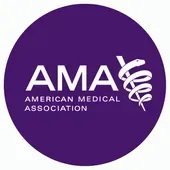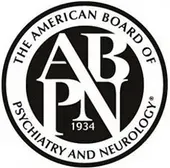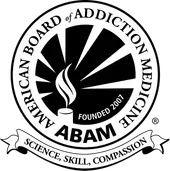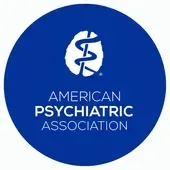Pros and Cons of TMS Therapy
Wave Treatment Centers
Pros and Cons of TMS Therapy
Transcranial magnetic stimulation (TMS) is a non-surgical, localized treatment. It uses electromagnetic waves to activate the understimulated parts of your brain. During sessions, patients remain awake while sitting in a reclining chair. Treatment is delivered in a series of outpatient sessions ranging from 3 to 19 minutes. These are typically administered 5 days a week for 4 to 6 weeks, depending on the patient’s needs. Continue reading to learn more about the pros and cons of TMS therapy to decide if this treatment may benefit you.
What Does TMS Therapy Treat?
In addition to treat-resistant depression , TMS has shown promise in addressing other mental health disorders, chronic pain, migraines, and tinnitus. It may also be effective for some forms of dementia and stroke. The efficacy of TMS therapy depends on which areas of the brain are being targeted. For example, if the left side of the brain is damaged by a stroke, then stimulating the right side of the brain could help with recovery. If the right side of the prefrontal cortex is damaged, then TMS could improve memory.
Here’s an explanatory list of conditions treatable with TMS therapy:
- Depression – Depression can be treated by stimulating certain parts of the brain that are responsible for mood regulation. This treatment is called repetitive transcranial magnetic stimulation, or rTMS.
- Chronic Pain – Chronic pain can be treated by stimulating specific areas of the brain that help control pain signals.
- Migraine Headaches – Migraine headaches can be treated by stimulating various parts of the brain.
- Stroke – Strokes can be treated by stimulating other parts of the brain that help regulate movement.
- Dementia – Dementia can be treated by stimulating the frontal lobe of the brain.
- Parkinson’s Disease – Parkinson’s disease can potentially be treated by stimulating a part of the brain that controls motor skills.
- Alzheimer’s Disease – There is evidence that Alzheimer’s disease can be treated with TMS.
- Multiple Sclerosis – Multiple sclerosis can be treated by stimulating parts of the brain that regulate communication between nerves.
- Schizophrenia – Schizophrenia can be treated by activating certain parts of the brain.
- Post Traumatic Stress Disorder – PTSD can be treated by stimulating specific parts of the brain.
- Hemifacial Spasm – Hemifacial spasm can be treated by stimulating portions of the brain that control facial muscles.
- Tinnitus – Tinnitus can be treated by stimulating regions of the brain that control hearing.
- Anxiety Disorders – Anxiety disorders can be treated by stimulating areas of the brain that control emotions.
- Obsessive-Compulsive Disorder – OCD can be treated by stimulating several parts of the brain.
What Are the Pros and Cons of TMS Therapy ?
As with any treatment, there are pros and cons associated with TMS therapy. Before deciding if this treatment is right for you, it is important to understand both sides. The pros of this innovative form of therapy include:
- Non-Surgical . Unlike surgery, which requires invasive procedures, TMS is non-invasive. Because it does not require surgery, it doesn’t have any side effects like bleeding, infection, scarring, or damage to surrounding tissue.
- Safe . TMS is safe because there are no known risks associated with its use. There have been no reported deaths related to TMS. However, if you’re taking medications, discuss them with your doctor before beginning a course of TMS.
- Effective . There are many studies supporting the effectiveness of TMS. In fact, one study found that 90% of people who received TMS experienced an improvement in their symptoms.
- Convenient . TMS is non-surgical, making it an outpatient procedure. You don’t need to take time off from work or miss school.
- Proven. TMS therapy has been FDA approved since 2008, meaning it is safe and backed by clinical research.
Most people experience no side effects to mild discomfort during TMS sessions, others encounter some. These symptoms are rare but could include the following:
- Neck Pain
- Headache
- Sensitivity to Light
- Fatigue
- Nausea
- Vomiting
- Difficulty Sleeping
- Weakness
- Muscle Cramps
- Loss of Balance
- Blurred Vision
- Seizures
Finding TMS Therapy Near Me
TMS is FDA approved for the treatment of major depression and has been used off label for many other psychiatric illnesses including bipolar disorder, OCD, PTSD, eating disorders, and migraines. It is not recommended for people who have had a seizure within the last 2 years due to the increased risk of seizures during this period. If you think you might benefit from TMS therapy, talk to your primary care physician about whether or not it is right for you. They will refer you to an appropriate specialist.
Wave Treatment Centers, located in Chestnut Hill and Philadelphia, PA, specializes in this convenient mode of therapy. Their specialists are trained to administer TMS therapy in a safe and secure environment. They will keep you comfortable throughout sessions and monitor you for any possible side effects. Our admissions staff is happy to answer any questions you might have about TMS therapy.
TMS Therapy in Philadelphia , PA
If you haven’t had luck with previous treatments such as therapy and medication, then TMS might be able to help. This cutting-edge treatment has proven successful in many cases. Wave Treatment Centers in Philadelphia, PA offer TMS therapy among other modes of mental health treatment. To learn more about our services or to get started today, give us a call or use our contact form.
The post Pros and Cons of TMS Therapy appeared first on WAVE Mental Health Treatment Centers.
Schedule Your Consultation
Chestnut BLOG Form Submission


